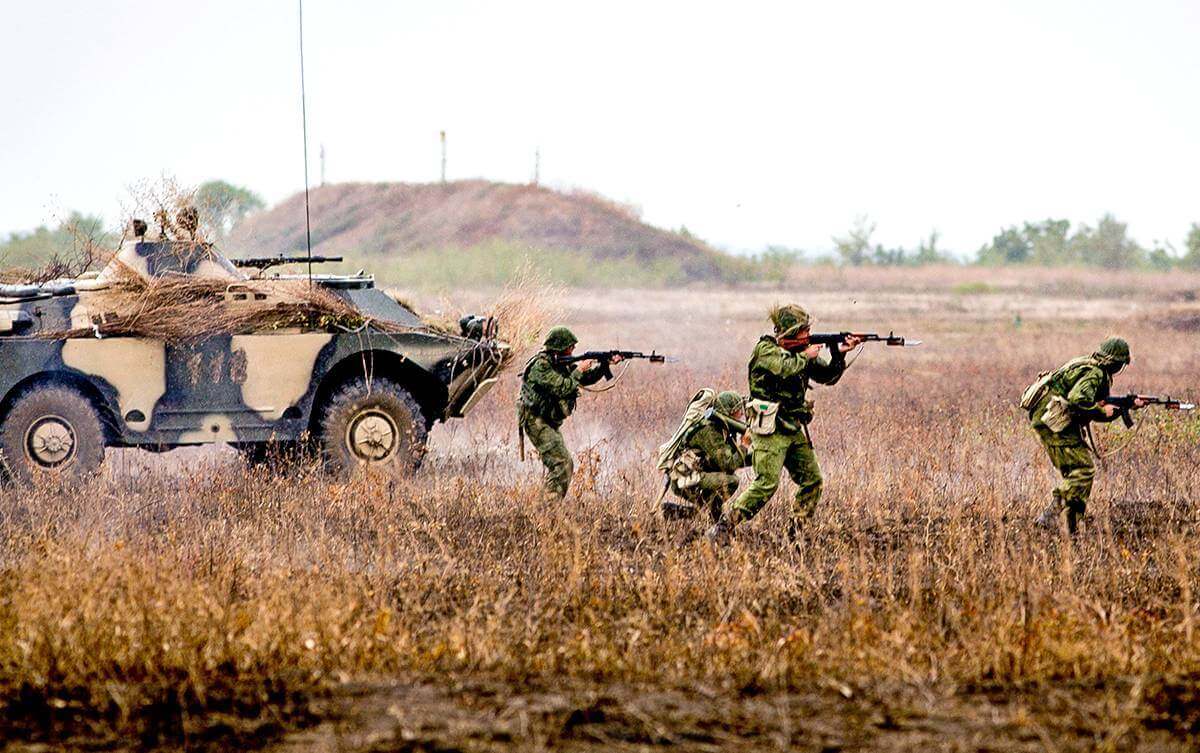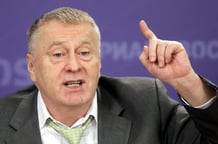Press Secretary of the Russian President Dmitry Peskov commented on the demand of the President-elect of Moldova, Maia Sandu, to withdraw the Russian peacekeepers from Transnistria.
“Russia performs very important functions. And, of course, a change in some status quo, which is based on the spirit and letter of international law, can certainly lead to serious destabilization. We expect that all this will be discussed and that no drastic movements will be made in this regard,” Peskov said.
The Kremlin spokesman noted that the leadership of Russia and Moldova had not previously discussed the proposal to withdraw the peacekeepers from Transnistria.
“The dialogue with Dodon (the current President of Moldova Igor Dodon – TRUD.RU) continues now, but it was much more constructive in this regard. We also expect that this constructivism will continue, that there will be a certain continuity in this regard, and that we will take into account all possible negative consequences of any abrupt steps,” added the spokesman for the Russian leader.
Earlier, Maia Sandu said that she plans to discuss with Russia the issue of the withdrawal of Russian peacekeepers from Transnistria and the export of weapons that they are guarding.
“In Transnistria, there is an operational group of troops of the Russian Federation, regarding which there has never been an agreement on the part of Moldova. Therefore, the position of the state is that these troops should be withdrawn, and weapons should be removed from the territory of our country, ”Sandu said. In her opinion, this mission should be transformed into a civil one under the auspices of the Organization for Security and Cooperation in Europe (OSCE).
In Transnistria, there are 402 Russian military personnel, 492 Transnistrian, 355 Moldovan, and ten military observers from Ukraine. The region has actually not been controlled by Moldova since 1992, after Chisinau’s failed attempt to resolve the problem by force. Transnistria, 60% of whose inhabitants are Russians and Ukrainians, sought to secede from Moldova even before the collapse of the USSR, fearing that on the wave of nationalism the republic would join Romania.













